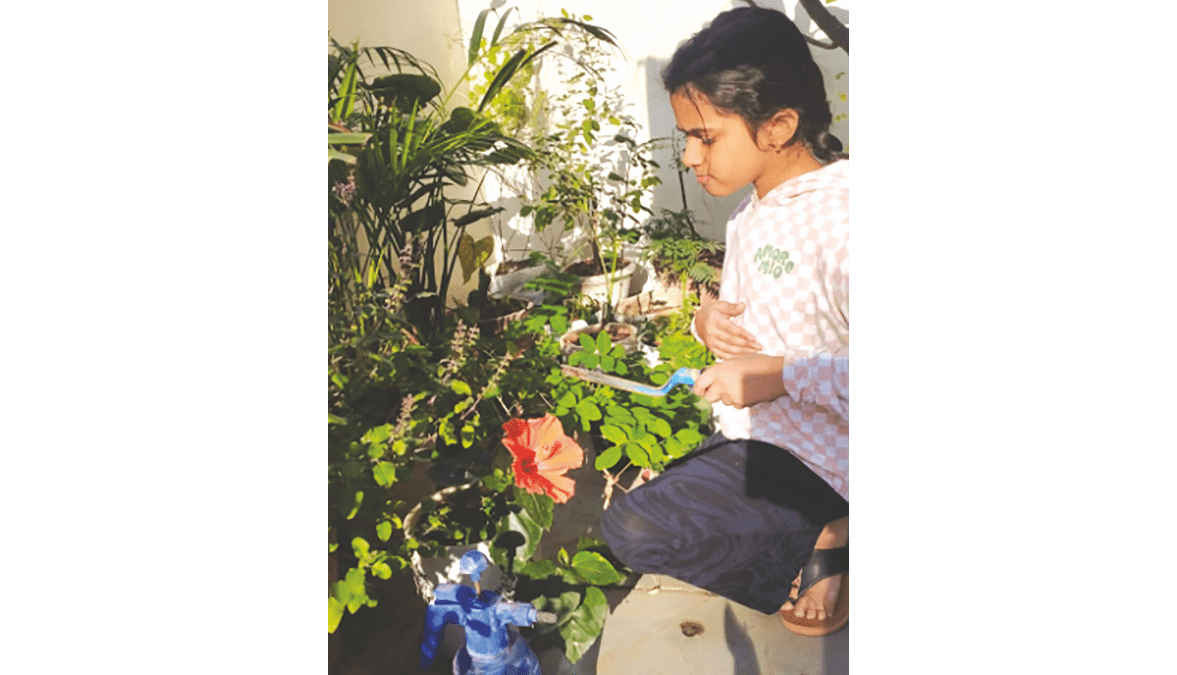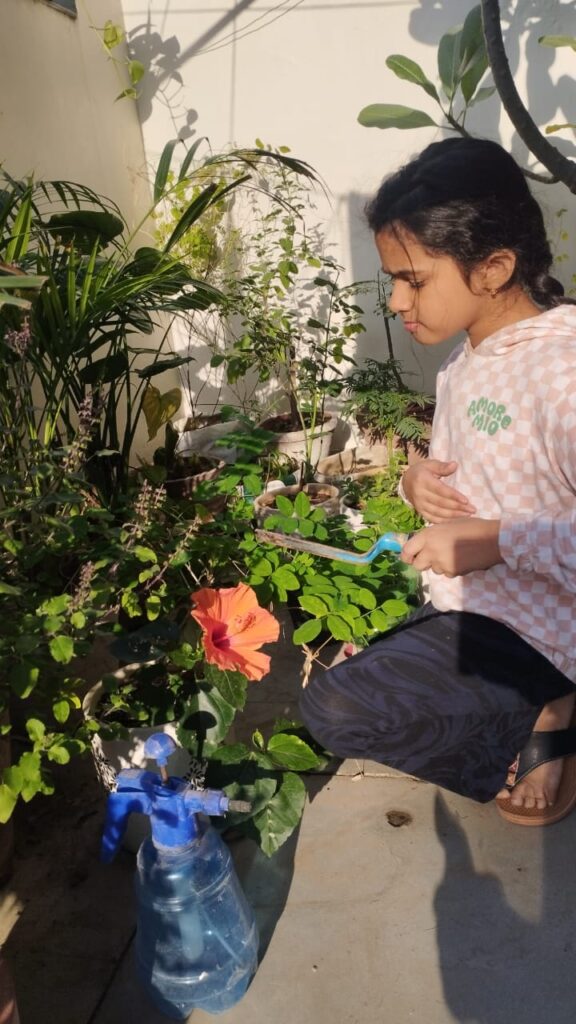As the world grapples with the challenges of climate change, air pollution has emerged as a significant threat to human health and the environment. The Air Quality Index (AQI) has become a critical measure of the air we breathe, and it’s alarming to note that many cities around the world are struggling to keep their AQI within safe limits.
In this context, gardening has emerged as a primary tool in the fight against air pollution. Plants are natural air purifiers, and they play a crucial role in removing pollutants and toxins from the air. However, gardening is not just about planting trees and flowers; it requires proper knowledge and techniques to ensure that the plants thrive and deliver the desired benefits.
Gardening is essential in improving air quality for several compelling reasons. Firstly, plants absorb carbon dioxide, nitrogen dioxide, and other pollutants, producing oxygen and purifying the air through the process of air purification. Secondly, plants produce oxygen through photosynthesis, which helps to increase the oxygen levels in the air. Thirdly, trees and plants provide shade, reducing the temperature and preventing the formation of ground-level ozone, thereby regulating temperature. Lastly, plants act as a natural sound barrier, reducing noise pollution and creating a more peaceful environment.
While gardening is a simple and effective way to improve air quality, it requires proper knowledge and techniques to ensure that the plants thrive. This underscores the need for proper knowledge of gardening, which is essential to reap its benefits.
In light of the importance of gardening in improving air quality, it’s essential that we make gardening mandatory in our daily lives. This can be achieved through several initiatives. Firstly, gardening should be made a compulsory subject in schools to educate children about the importance of gardening and the techniques involved. This will not only equip them with the knowledge and skills required for gardening but also instill in them a sense of responsibility towards the environment.
Secondly, community gardens should be created in urban areas to provide residents with a space to garden and connect with nature. This will not only promote gardening but also foster a sense of community and cooperation among residents. Thirdly, governments and local authorities should provide free training for gardening to everyone. This will enable people to acquire the necessary skills and knowledge required for gardening, thereby promoting gardening and improving air quality.
Lastly, awareness campaigns should be launched to educate people about the importance of gardening in improving air quality and the techniques involved. This will help to raise awareness about the benefits of gardening and encourage people to take up gardening.
By making gardening mandatory and incorporating it into our daily lives, we can create a cleaner and healthier environment for ourselves and for generations to come. It’s time for us to recognize the importance of gardening in improving air quality and take concrete steps to promote gardening and make it an integral part of our lives.
Popular Stories
How To Revive Your Rainwater Harvesting System
The Water Couple’s Journey: From Cleaning Tanks to Complete Water Solutions!
Locals Felling Trees Near Sec A Pkt C
Winning Has Become a Habit for Divya
Is Green Park Heading Towards A Slum
Haphazard Parking, Narrow Walking Space In M Block Market
Recent Stories from Nearby
- खेल का मैदान April 9, 2025
- A Critique of the RWA’s Gate Closure Policy April 9, 2025
- मैत्री में होली प्रथा के अनुसार टाइटल सुनाए April 9, 2025
- International Women’s Day Celebration in G Block, Sector 41 April 9, 2025
- Bullying In J Block Park April 9, 2025








